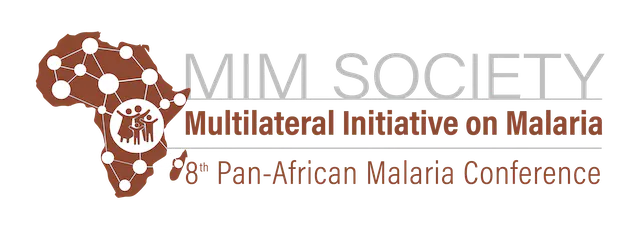Conference Overview
The Multilateral Initiative on Malaria (MIM) Society 8th Pan-African Malaria Conference (PAMC), organized by the Multilateral Initiative on Malaria (MIM) Society in collaboration with the Ministry of Health-Rwanda and the Rwanda Biomedical Center (RBC), will take place from April 21-27, 2024, in Kigali-Rwanda. This conference will convene global experts to discuss the latest achievements, research and innovations in malaria prevention and treatment. The conference theme, 'Grassroots Mobilization to End Malaria: Invest, Innovate & Integrate,' highlights the significance of grassroots efforts, innovation, and research in developing new tools and technologies for malaria control. The conference will also provide a platform for researchers, policymakers, and stakeholders to share experiences and insights on addressing Malaria as a critical public health concern.
Malaria is a severe health challenge in Africa. According to the WHO World Malaria Report 2023 , the WHO African Region accounted for 93.6% of malaria cases and 95.4% of malaria deaths globally in 2022. The report also highlights that 78.1% of fatalities are from children aged under the ages of five. At the heart of the fight against malaria lies the need for grassroots mobilization. Community engagement is pivotal in raising awareness, promoting preventive measures, and ensuring early diagnosis and treatment.
The MIM Society 8th Pan-African Malaria conference will highlight successful community-based initiatives and innovative in the fight against malaria. The conference will also focus on research that remain to be the cornerstone of effective malaria control. It will celebrate breakthroughs in malaria research while encouraging collaboration between scientists, institutions, sectors, and policymakers.
World Malaria Day 2024 amid the 8th PAMC
World Malaria Day is celebrated annually on April 25th to raise awareness about the global burden of malaria and amplify efforts to combat the disease. Malaria is a preventable illness, that requires the collaboration of various stakeholders to defeat and the society at large to eliminate it. The MIM Society 8th Pan-African Malaria Conference (PAMC) is scheduled to take place in Rwanda from April 21-27, 2024, coinciding with World Malaria Day. This unique coincidence provides an opportunity for stakeholders to come together to discuss the global status of malaria and strategize better ways to combat its prevalence in the continent. The conference will play a significant role in promoting scientific advances to reduce the global burden of malaria, emphasizing the importance of continued investment in malaria prevention and control, while also paying tribute to the efforts of researchers and healthcare professionals in the fight against malaria.
About M.I.M Society
The Multilateral Initiative on Malaria (MIM) is a global alliance of citizens, institutions, funding partners and constituents having a shared goal of fostering scientific research capacity in Africa to defeat and eradicate malaria in the continent. The MIM was launched in 1997 following the first Pan-African Malaria Conference in Dakar, Senegal, that participated prominent malaria scientists, representatives from the World Health Organization (WHO), and funding organizations from all over the world. The conference identified important research priorities for future malaria research. Since its establishment, the MIM has been instrumental in strengthening research capacity in Africa, increasing international cooperation and communication, and utilization of research findings to inform malaria prevention, treatment, and control focused on developing sustainable malaria research capacity in Africa.
Over the past few years, the MIM organized Pan African Malaria
Conferences in different parts of Africa including, Senegal,
South Africa, Tanzania, Cameroon, and Kenya. The 8th edition
of the Pan African Malaria Conference is scheduled to take
place in Kigali, Rwanda from April 21-27, 2024. The MIM
Society organizes this conference in collaboration with the
Ministry of Health, Rwanda and the Rwanda Biomedical Center
with the mission of bringing key stakeholders together to
reaffirm collective commitment to ending malaria in Africa by
unlocking new solutions and innovations.
To learn more
about the MIM Society, visit
https://themimsociety.org/
Rwanda: Malaria control efforts
Rwanda's success in malaria control is nothing short of remarkable. Over the past two decades, the country has made significant strides in reducing malaria-related morbidity and mortality. Through robust surveillance, evidence-based vector control interventions deployment, and community engagement, Rwanda has achieved impressive results. The decline in malaria incidence and deaths from the disease is a testament to the effectiveness of the country's intervention. Malaria incidence per 1,000 reduced from 409 in 2016/17 to 47 in 2022/23 in the country. Effective strategies and programs have contributed to this progress in malaria control in Rwanda. The National Malaria Strategic Plan 2020-2024 aims at effectively protecting at least 85% of the at-risk population in Rwanda with preventative interventions. Putting in place effective surveillance, reporting, coordination, and collaboration systems as well as fast tracking testing and treatments across the country have also played a pivotal role in the success of malaria control in the country. At the center of Rwanda's success also exists strong leadership support, and grassroots mobilization, with communities being involved in malaria prevention campaigns, bed net distribution, and early diagnosis. The World Health Organization in its World Malaria Report 2023 placed Rwanda as one of the five countries in Africa on track to meet the Global Technical Strategy (GTS) for 2025 target with at least 55% reduction in malaria case incidence. However, this success story is not just about numbers; it's about lives saved and families protected.
At the MIM Society 8th Pan-African Malaria Conference, Rwanda hopes to share experiences and learn from others while celebrating the synergy of grassroots mobilization, innovation, and science in the fight against malaria.
Organizing Committee

Emeritus Professor Rose Gana Fomban Leke
Chair of the (MIM) Secretariat; Executive Director of
the Cameroon Coalition Against Malaria
Learn More

Prof. Claude Mambo MUVUNYI
Director General, RBC
Learn More

HRH Prof. MBACHAM FON WILFRED
Executive Director of the MIM Society; Founder of the
Fobang Institutes for Innovations in Science and
Technology
Learn More

Dr. Brenda Asiimwe Kateera
Country Director for Clinton Health Access Initiative
(CHAI), Rwanda
Learn More

Dr. Eric Remera
Head of Research Innovation and Data Science, Rwanda
Biomedical Centre
Learn More

Prof. EVELYN ANSAH
Director of the Centre for Malaria Research, University
of Health and Allied Sciences, Ghana
Learn More

Dr. André Tchouatieu
Director of Access and Product Management at Medicines
for Malaria Venture (MMV)
Learn More
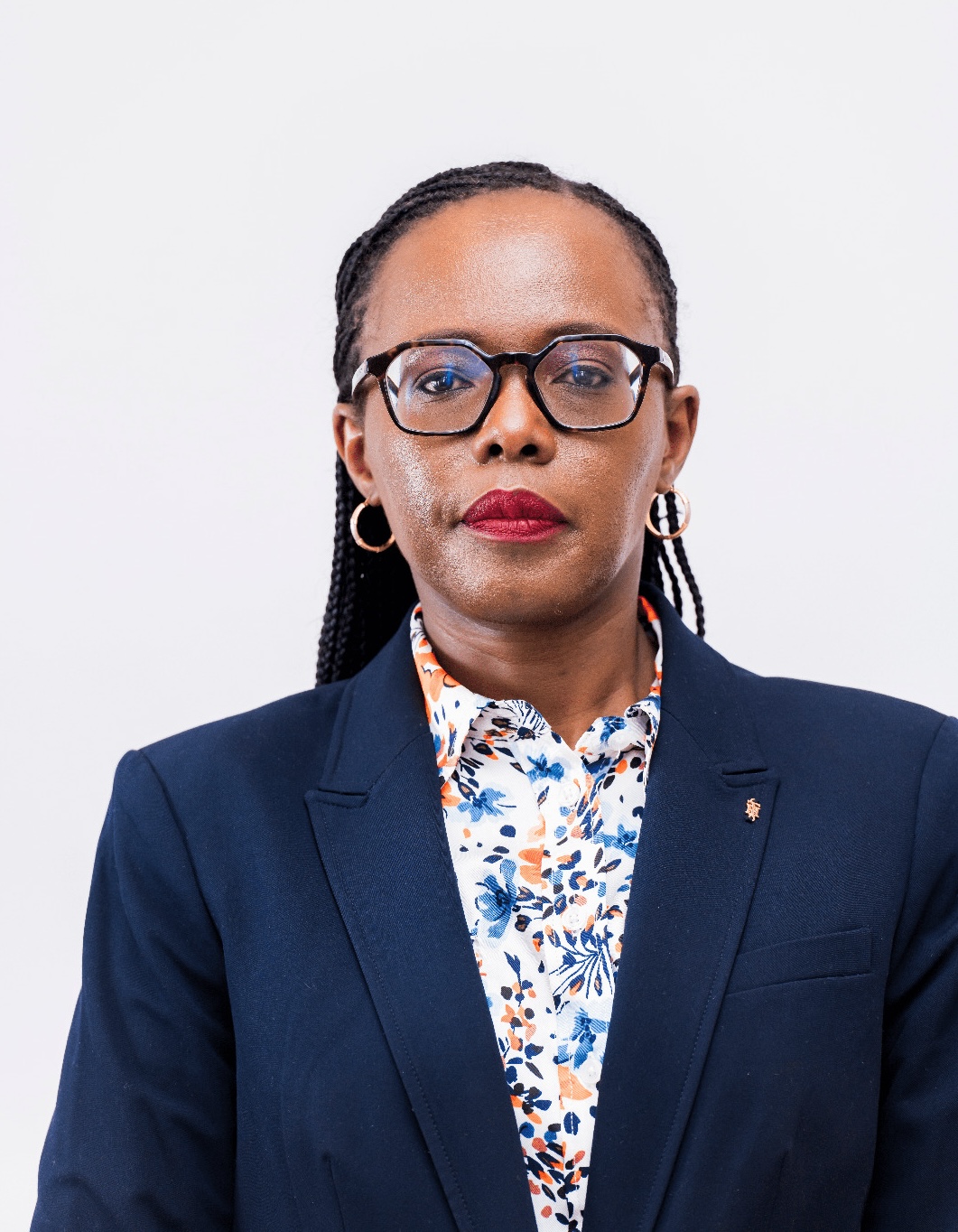
Dr. Corine Karema
Co-Chair of the Pan-African Mosquito Control
Association (PAMCA) Board
Learn More
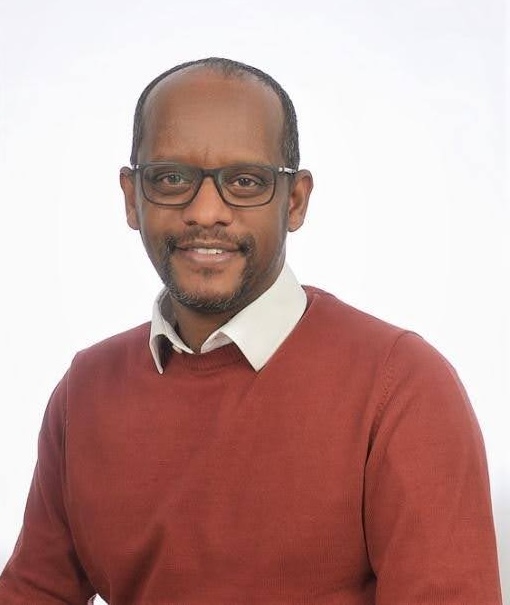
Prof. Abdisalan Mohamed Noor
Visiting Professor of Immunology and Infectious
Diseases, School of Public Health, Harvard
Learn More
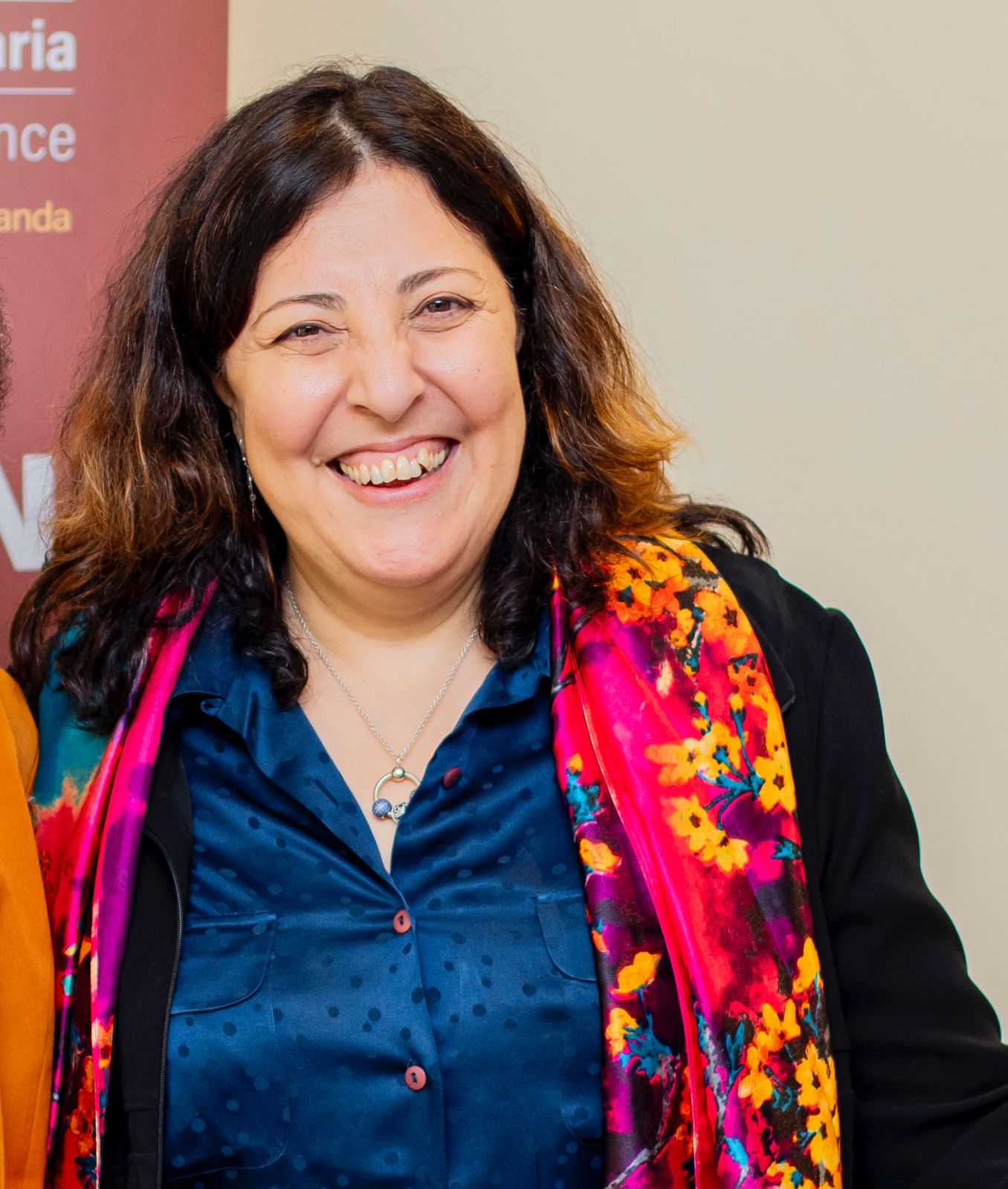
Amina Fakir-Knipiler
CEO, Health for Africa
Learn More

Dr. Aimable MBITUYUMUREMYI
Head of the National Malaria, Other Parasitic Diseases,
and Neglected Tropical Diseases Control Division, Rwanda
Biomedical Centre
Learn More

Prof. Leon Mutesa
Professor of Human Genetics, Director of Center for
Human Genetics, College of Medicine and Health Sciences,
University of Rwanda
Learn More
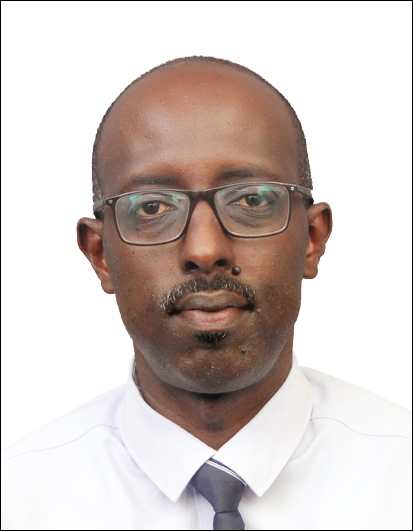
Mr Julien Mahoro Niyingabira
Rwanda Health Communication Centre (RHCC) Division
Manager
Learn More
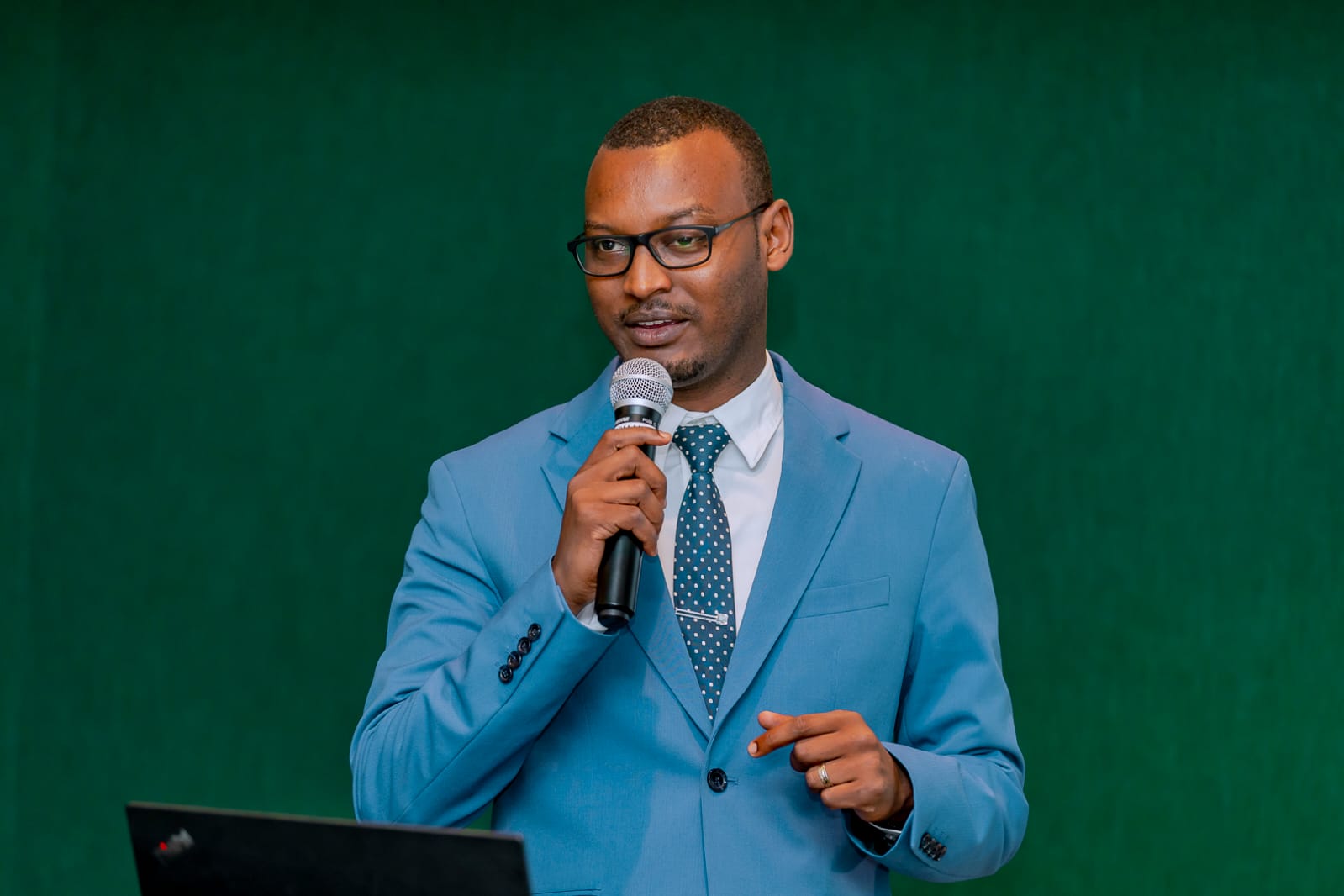
Dr. Mangara Jean Louis Ndikumana
Director of Prevention at the Rwanda Biomedical
Center
Learn More

Dr Mehul Dhorda
Mahidol-Oxford Tropical Medicine Research Unit
Learn More

Arlette Umugwaneza
PhD student at Rwanda Biomedical Center-Rwanda and the
Institute of Tropical Medicine Antwerp-Belgium
Learn More

